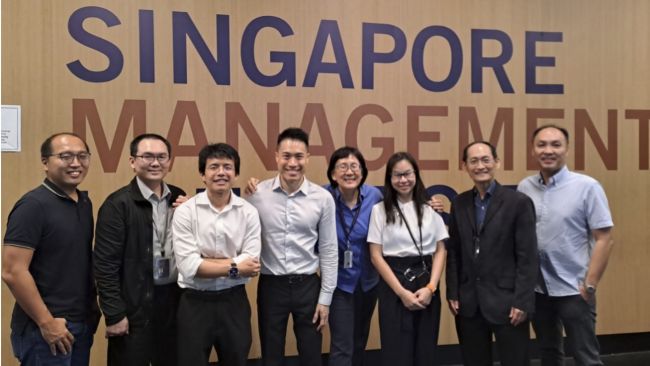
SMU’s Co-Curricular Transcript wins Gold at QS Reimagine Education Awards 2025
Published onSMU’s Co-Curricular Transcript won Gold at QS Reimagine Education Awards 2025, setting a new standard for graduate employability and holistic development. Discover how CCT empowers students.
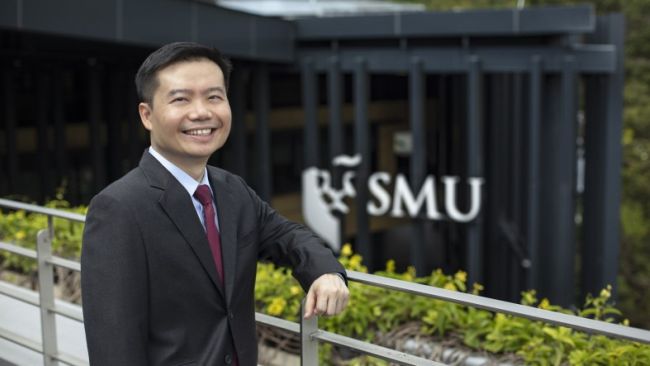
SMU School of Accountancy (SOA) Associate Professor Seow Poh Sun recently garnered recognition for his excellence as an educator when he received the prestigious American Accounting Association’s (AAA) Outstanding Accounting Educator Award 2023.

The job market is evolving, and employers are now placing a greater emphasis on skills acquired outside of the traditional academic setting. As a result, it has become imperative for job seekers to equip themselves with a diverse range of proficiencies that extend beyond traditional academic achievements.
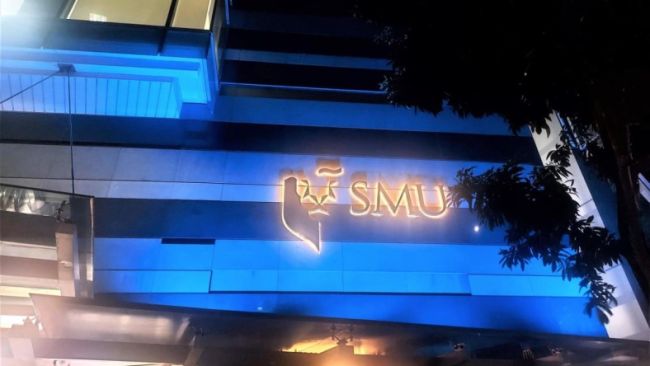
Water, the essence of life, is a precious resource that sustains our planet. Despite its importance, water is often undervalued and taken for granted: the average Singaporean used 158 litres of water a day in 2021 — up from 141 litres a person a day in 2019.
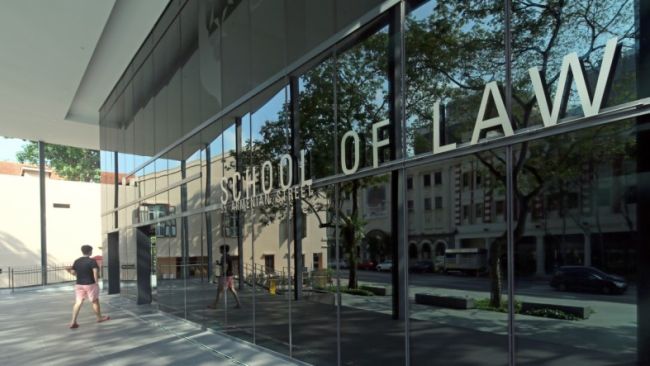
The world in which we work has undergone significant changes, marked by a surge in the adoption of digital tools. Furthermore, the complexities of conducting business have grown in a globalised economy, adding to the challenges that legal professionals must address to stand out in a fast-evolving landscape. Striving to ensure that students graduate with a future-ready foundation, SMU’s Yong Pung How School of Law (YPHSL) regularly updates its curriculum to ensure it meets new and future challenges.
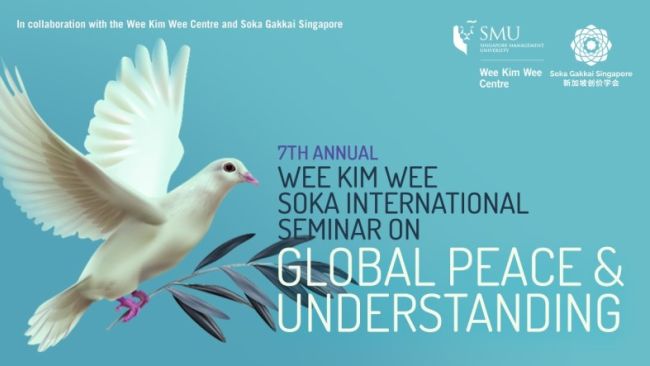
Each year, SMU hosts its annual Wee Kim Wee Soka International Seminar on Global Peace and Understanding. Held on 16 February 2023, this year’s event focused on the big questions explored by SMU’s Core Curriculum as they relate to wealth and poverty. It brought together academics, policymakers, practitioners, and observers from around the world to discuss new ways of thinking about how wealth and poverty influence our lives today.

Life can sometimes take you down unexpected turns, and it is not uncommon to discover one's true calling along a road less travelled. Such was the experience of SMU alumna Apoorva Charan, who has carved out her own path as a film producer following her graduation.
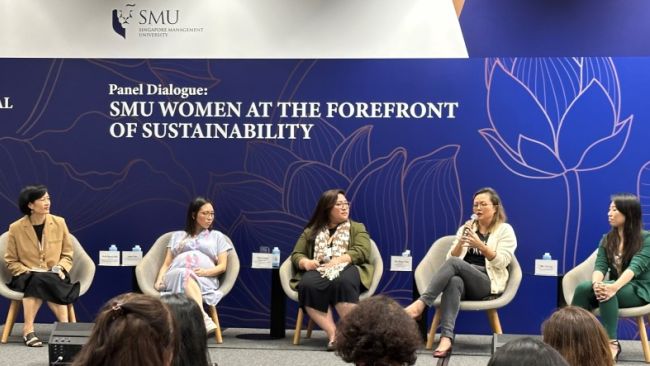
Among the many events and initiatives organised by SMU in celebration of International Women’s Day (IWD) in March 2023 was a panel dialogue themed ‘SMU Women at the Forefront of Sustainability’. The panel consisted of leading SMU alumnae who have each played important roles in driving sustainability efforts in their respective fields.
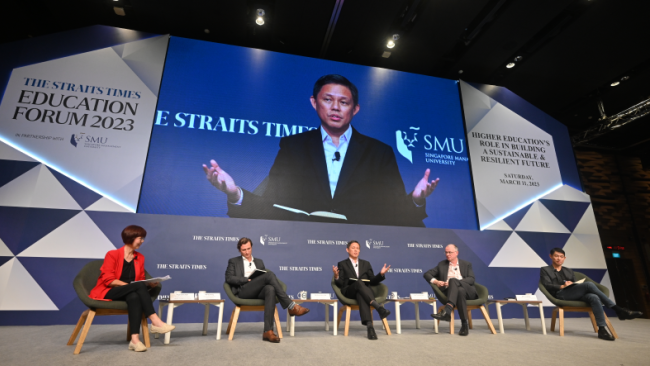
Straits Times Education Forum 2023 in partnership with SMU
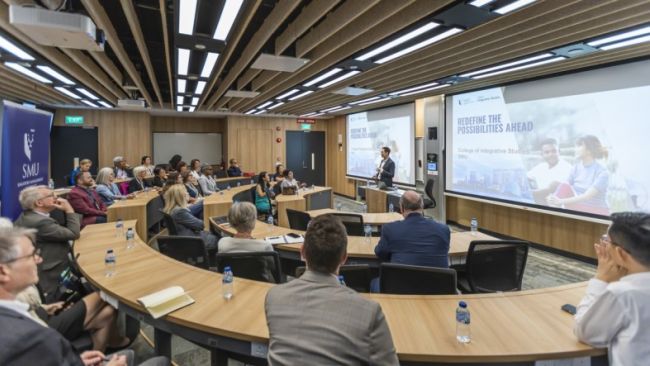
As we look to the future, Canada and Asia's relationship has never been more important. With a world of vast potential, there is an unprecedented opportunity for nations to take meaningful steps towards unlocking that potential and catalysing new growth in education, business exchange and mutual understanding.
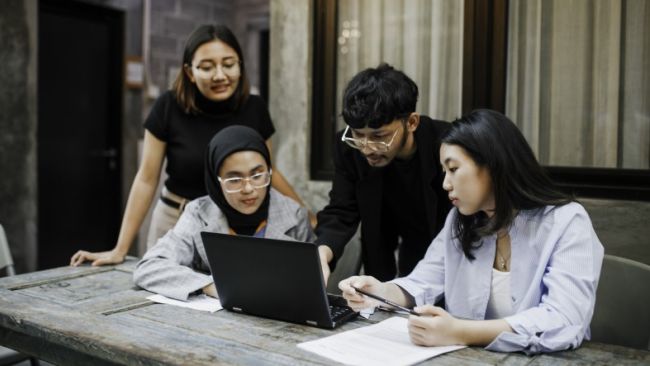
The Karim Family Foundation has made a generous contribution to SMU with the establishment of the Karim Family Foundation Scholarship. The new scholarship was announced at a Gift Ceremony held on 27 February 2023, at the SMU University Lounge. This scholarship was initiated by SMU alumni Cindy and Chayadi Karim, who graduated from SMU in 2014 and 2015 respectively. They are the children of Bachtiar Karim and Dewi Sukwanto, Principals of the Karim Family Foundation.
